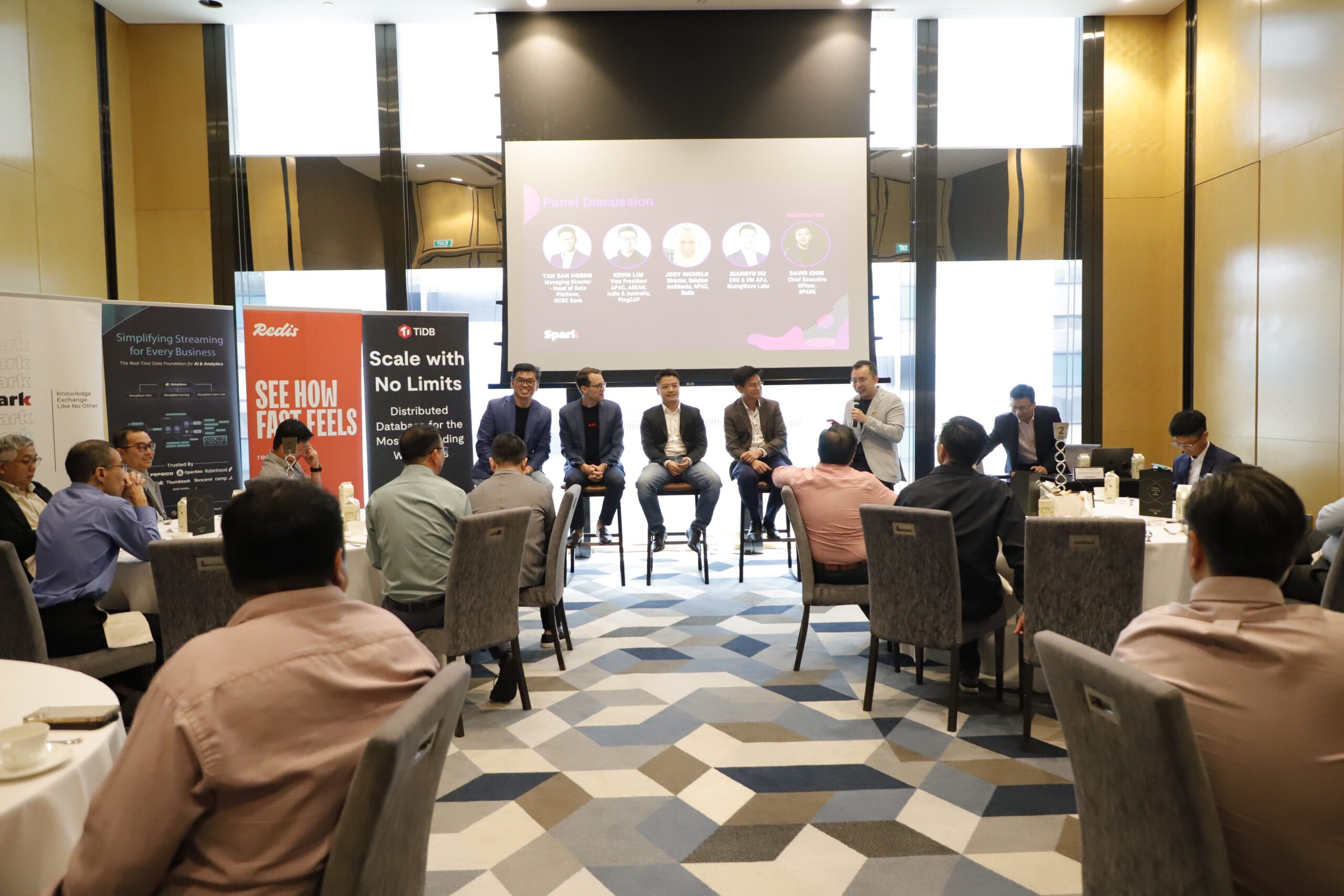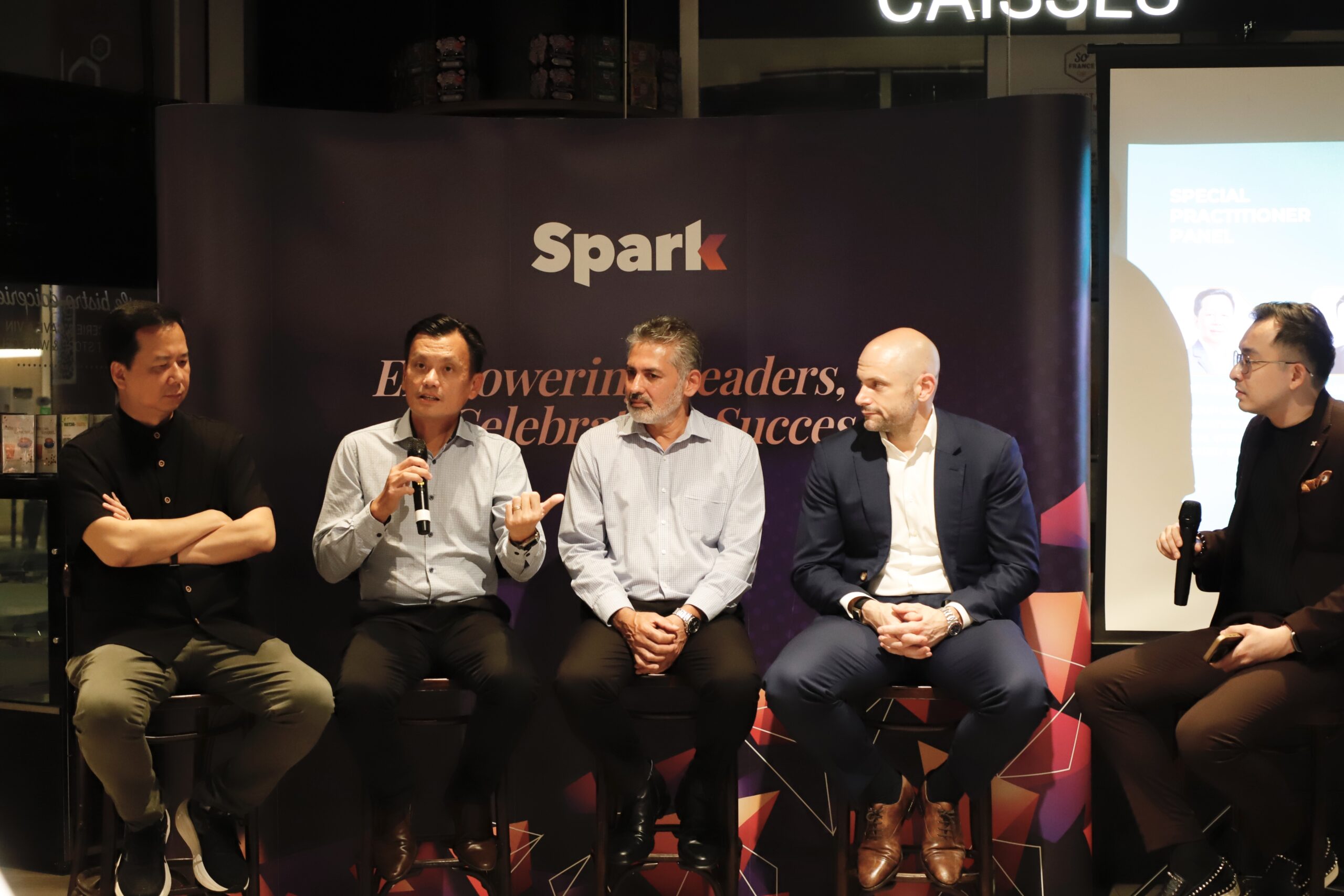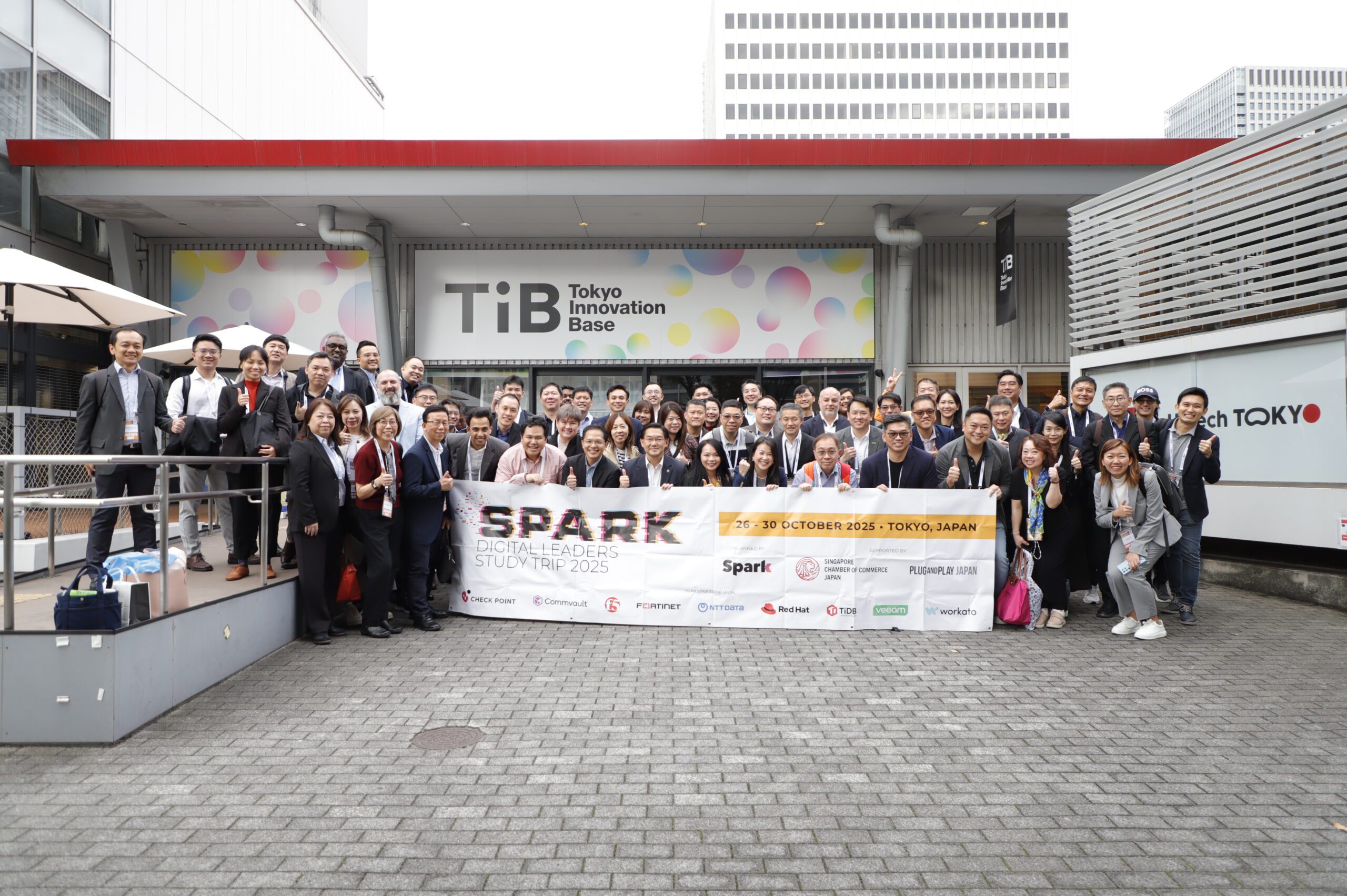With the theme centered around ‘Navigating the Data Economy’, the ConnectGov Leaders Summit was held in Edinburgh, Scotland last July bringing participants from 11 countries together for 3 days of presentations, discussions and exchanges during formal and informal networking sessions, innumerable side conversations and personal connections forged over meals and on running trails around the city.
Speaking on the leading-edge robotics research and projects at the Alan Turing Institute, world-renowned roboticist Prof. Sethu Vijayakumar from the Edinburgh Centre of Robotics shared how the next generation of robotics is moving beyond traditional automation towards autonomous applications and even further towards incorporating human-in-the-loop interactions based on shared decision-making between humans and robots.
Key Takeaways
- The next generation of robotics is moving beyond traditional automation towards autonomous applications and even further towards incorporating human-in-the-loop interactions based on shared decision-making between humans and robots.
- The main challenges and complexity with full autonomy lies at the intersection of tech engineering and social dimensions. Coordination and co-working with humans requires robotic sensing capabilities that can respond appropriately, safely and securely to human subjects in dynamic settings and situations.
- Coordination and co-working with humans requires robotic sensing capabilities that can respond appropriately, safely and securely to human subjects in dynamic settings and situations.
- While the hype around tech and robotic advances is attracting great interest in the field, we risk overlooking the human, ethical and moral dimensions in the long term if legislation and other measures are not adequately considered today.







